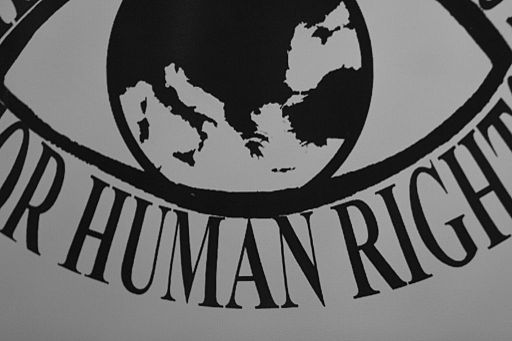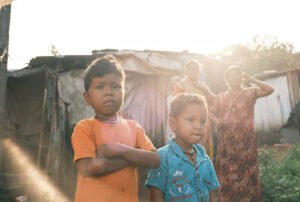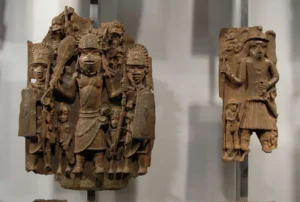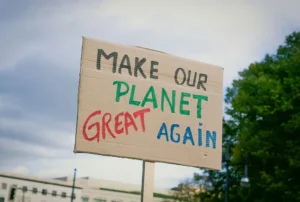
March 3, 2017; Department of State
The U.S. State Department issued its annual report tracking human rights abuses worldwide on Friday, highlighting both ongoing crises like the brutal war on drugs in the Philippines as well as long-simmering conflicts including Israeli-Palestinian relations, and China’s position on Hong Kong’s autonomy.
Given that the 41st annual Human Rights Reports were issued by the Trump administration, the rollout naturally included some controversy, which centered on the decision by Secretary of State Rex Tillerson not to hold an official unveiling.
“Our values are our interests when it comes to human rights. The production of these reports underscores our commitment to freedom, democracy, and the human rights guaranteed to all individuals around the world,” Tillerson said in a preface to the reports.
Critics argued that his absence gave the report less attention, as Reuters reported, with only an anonymous U.S. official answering reporters’ questions by phone instead of the usual press conference. Republican Sen. Marco Rubio (R-FL) even tweeted:
Sign up for our free newsletters
Subscribe to NPQ's newsletters to have our top stories delivered directly to your inbox.
By signing up, you agree to our privacy policy and terms of use, and to receive messages from NPQ and our partners.
For 1st time in a long time @StateDept #humanrights report will not be presented by Secretary of State. I hope they reconsider.
The administration’s commitment to human rights was already under fire, after news recently emerged that the U.S. was considering leaving the United Nations’ Human Rights Council under new Ambassador to the UN, Nikki Haley.
Will America’s future role as a policeman of the world change under President Trump? It’s still too soon to tell.
Here are a few items of note in the reports, which cover nearly 200 countries and territories:
- Haaretz reported that the Human Rights Reports devoted one of the largest number of pages—second only to China—to the human rights situation in Israel and the occupied Palestinian territories and abuses by both sides. The coverage was also the largest for any country in the Middle East.
- Many media sources noted that the report rightly critiqued the Philippines, where police and vigilantes killed more than 6,000 suspected drug dealers and users since July under President Duterte.
- Iran rejected the report, while Taiwan’s president called for reforms after the country was criticized for exploiting migrant workers.
While the reports are always a good benchmark on human rights around the world, many countries are justified in pointing a finger back at America, which doesn’t exactly have a perfect record. From the UN declaring the Flint water crisis a violation of human rights to our history of racial discrimination called out by world, there is no shortage of work to be done both here and abroad.—Anna Berry












